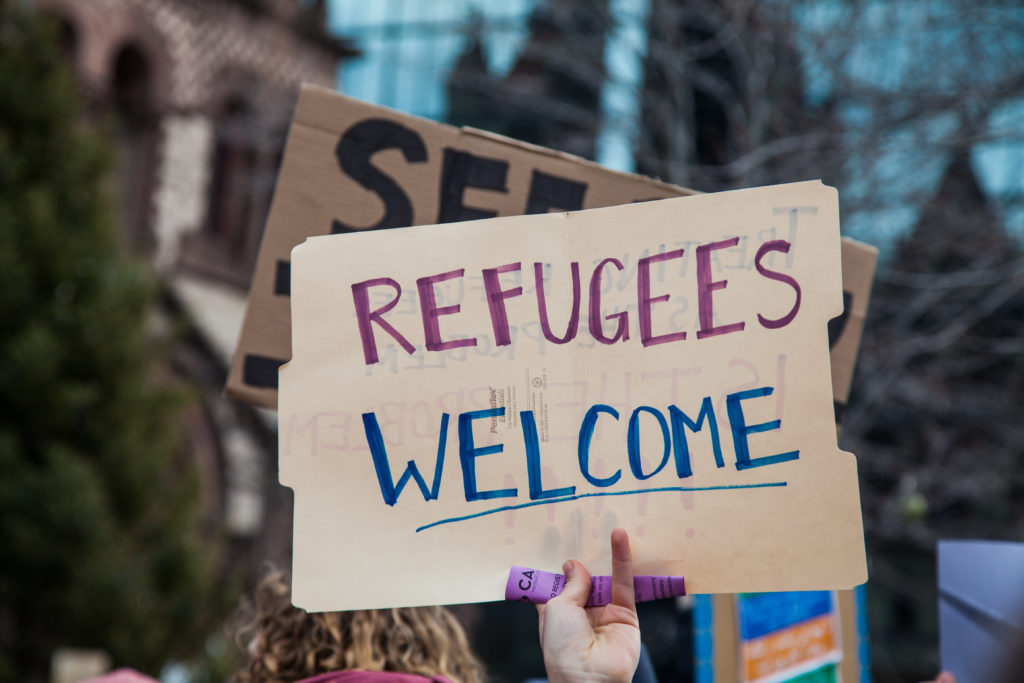The FWD #166 • 323 Words
What do global conflicts have to do with housing in Virginia?
A lot, actually. Last year’s withdrawal of U.S. forces from Afghanistan led to the evacuation of thousands of Afghans fleeing an uncertain future. Many were brought to Virginia military bases, like Fort Lee and Quantico, to be temporarily housed until they could be resettled.
From October 2016 to July 2021, Virginia has welcomed 8,560 Afghan refugees—66 percent of all refugee populations—more than any other population.
Areas like the Washington D.C. metropolitan area have been popular resettlement areas for their diversity and economic opportunities, which make acculturation easier. But like any American, refugees face huge challenges in finding affordable housing. The State Department is so deeply aware of the affordable housing shortages that they published a list of 19 more affordable cities recommended for Special Immigrant Visa recipients.
No Virginia localities are on the list of affordable cities for refugees.
The State Department even explicitly notes that “[t]he Washington, DC metro area including northern Virginia and some cities in California are very expensive places to live, and it can be difficult to find reasonable housing and employment. Any resettlement benefits you receive may not comfortably cover the cost of living in these areas.”
Finding housing for refugees who have no credit or rental history makes it difficult amid a tight rental market. But imagine trying to navigate locating housing and a job after being uprooted from your home thousands of miles away. Virginia resettlement agencies provide important support to refugees during the resettlement process, but they are overwhelmed.
As the Russian invasion of Ukraine continues, we should understand that what happens outside this country often has direct impacts on what happens inside our borders. Global conflicts inflict real pain on everyday people. Ensuring that those seeking refuge—no matter their color, religion, or home country—have stable and affordable housing should be a part of planning in our major metropolitan areas.
